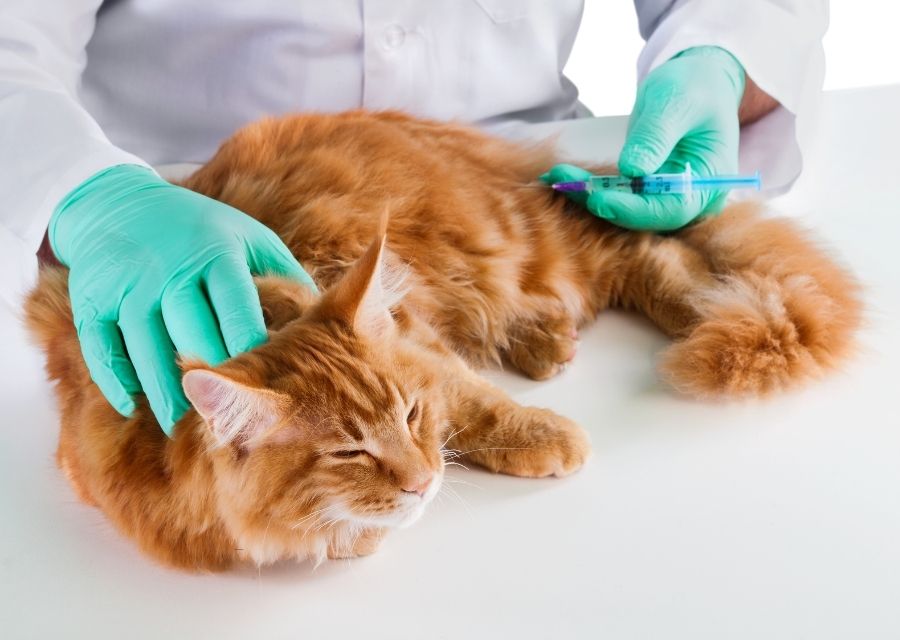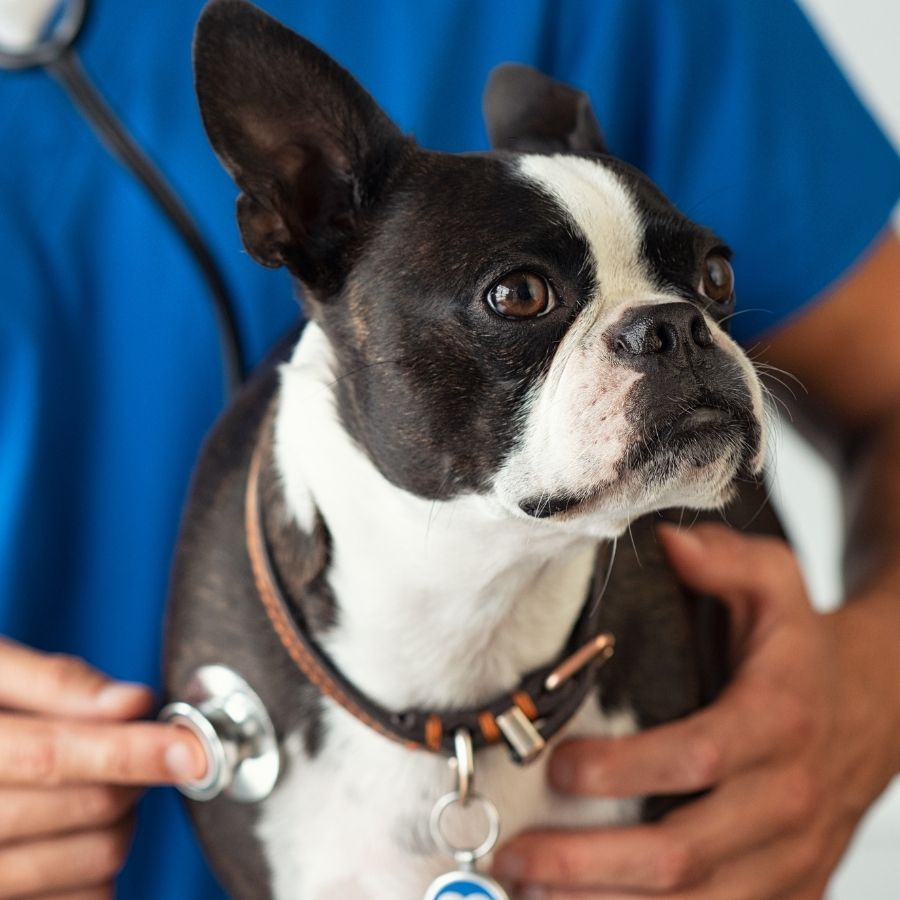Veterinary Services
Puppy/Kitten Vaccinations
Learn more about Puppy/Kitten Vaccinations Services, we offer at All Seasons Veterinary Care below.

Puppy/Kitten Vaccinations in Polk City, IA
At All Seasons Veterinary Care, our Puppy/Kitten Vaccinations are crucial to protecting your young pet from dangerous diseases. We follow a carefully planned vaccination schedule to ensure your puppy or kitten develops strong immunity during these critical early months. By keeping your pet up to date on vaccinations, you set them up for a healthy, happy life.

Why do baby animals need a series of shots & how many do they need?
When a baby puppy or kitten is born, its immune system is not yet mature; the baby is wide open for infection. Fortunately, nature has a system of protection. The mother produces a certain kind of milk in the first few days after giving birth. This milk is called colostrum & is rich in all the antibodies that the mother has to offer. As the babies drink this milk, they will be taking in their mother’s immunity. After the first couple of days, regular milk is produced & the baby’s intestines undergo what is called closure, which means they are no longer able to take externally produced antibodies into their systems. These first two days are critical to determining what kind of immunity the baby will receive until its own system can take over.
How long this maternal antibody lasts in each puppy or kitten is totally individual.
It can depend on the birth order of the babies, how well they nurse & several other factors. Maternal antibodies against different diseases wear off after different times. We DO know that by 14-20 weeks of age, maternal antibodies are gone, & the baby must be able continue on its own immune system. While maternal immunity is in the puppy or kitten’s system, any vaccines given will be inactivated. Vaccines will not be able to “take” until maternal antibody has sufficiently dropped. Puppies & kittens receive a series of vaccines ending at a time when we know the baby’s own immune system should be able to respond. We could simply wait until the baby is old enough to definitely respond, as we do with the rabies vaccination, but this could leave a large window of vulnerability if the maternal antibody wanes early. To give babies the best chance of responding to vaccination, we vaccinate intermittently (usually every 2-4 weeks) during this period, in hope of gaining some early protection. When a vaccine against a specific disease is started for the first time, even in an adult animal, it is best to give at least two vaccinations. This is because the second vaccination will produce a much greater (logarithmically greater) response if it is following a vaccine given 2-4 weeks prior.
What vaccines should I get for my pet?
What vaccines are recommended to an individual pet depend on many factors: what kind of exposure to disease the animal has, what diseases are common in the area, what kind of stress factors are present, etc. When you consider the multitudes of vaccine types & combinations & the many different situations dogs & cats live in, it is not too surprising to find that almost every veterinarian recommends a different group of vaccines. The best advice is to establish a relationship with a veterinary facility that you trust & go with their recommendation.
Both the American Association of Feline Practitioners & the American Animal Hospital Association have published guidelines for vaccinations. Vaccinations are divided into “core” vaccines that every pet should have, & “non-core” vaccines that a pet should have depending on exposure risk. For cats, core vaccines are the basic distemper shot: feline distemper (panleukopenia), feline herpes, & feline calicivirus. Rabies vaccination is core except in Hawaii where rabies has been eradicated. Many people are surprised that rabies is often considered a core vaccine & is considered important even for indoor-only cats, but when one considers the consequences of rabies exposure (which can certainly happen indoors) & the legal consequences of owning a biting animal (what happens to the animal generally is dependent on its vaccine status), it is not hard to see why this vaccine is important. The feline advisory board does not consider feline leukemia virus vaccination to be core, but they strongly encourage every kitten to be vaccinated against this infection with a re-assessment of risk factors when the kitten is grown. This is because young kittens frequently live indoors only, but this often changes when the kitten matures regardless of the original intentions of the owner. For dogs, core vaccines are the basic distemper shot (DHPP) & the rabies vaccine. Since dogs go outside for walks, for grooming, to the vet’s office, etc., we recommend vaccinating against kennel cough for all our canine patients though these are not listed as “core” by the aforementioned organizations. Recently, canine influenza has become a concern in the United States. Dogs that rarely contact other dogs probably do not need vaccination for this, but dogs that go to day care, grooming, or boarding facilities should be vaccinated.
